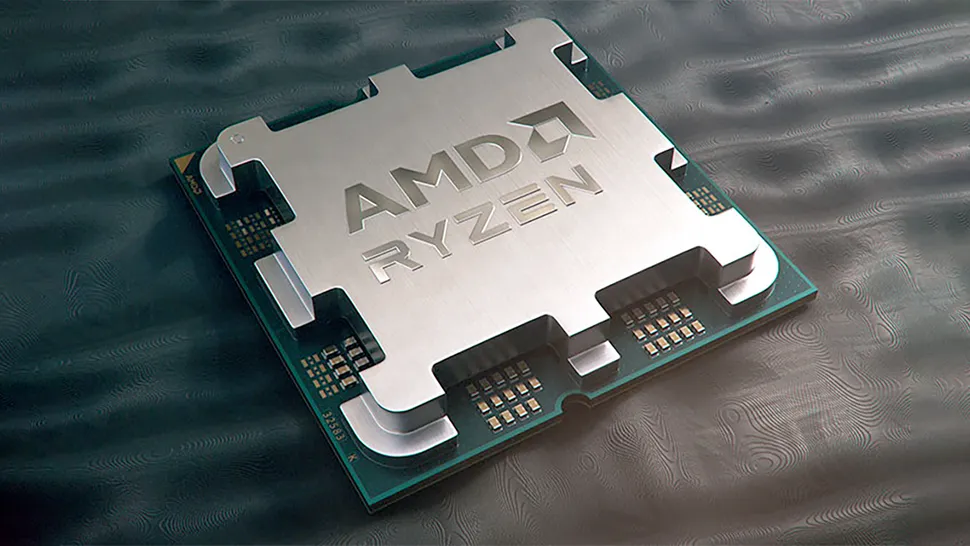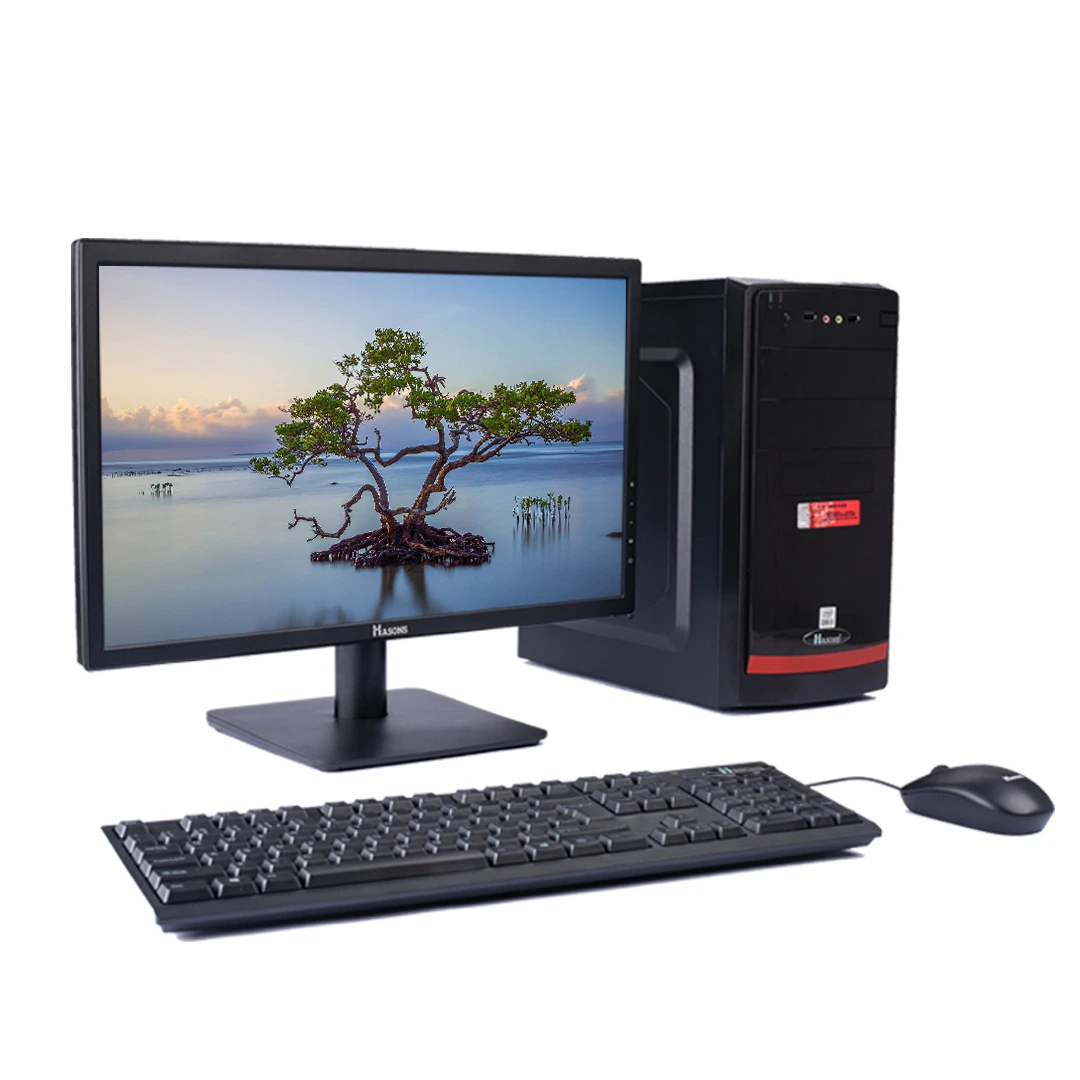AMD’s Ryzen CPUs and the Old FireWire Standard
Technology can take some strange turns sometimes. In the latest tech news, a bizarre bug has surfaced involving AMD’s modern Ryzen CPUs and the old FireWire standard. Specifically, Ryzen-powered PCs that have FireWire devices connected are experiencing random crashes and reboots.
This is an unexpected collision between cutting edge and legacy technology that has left both AMD and tech enthusiasts scratching their heads. In this post, we’ll take a closer look at this curious tech bug, including potential causes and solutions.

An Unexpected Clash Between Old and New
First, some background. Firewire (also known as IEEE 1394) is an interface standard that was very popular in the 1990s and 2000s for connecting external hard drives and other peripherals to computers. However, USB ultimately won the interface wars, and FireWire has faded into obscurity in recent years.
AMD’s Ryzen CPUs, on the other hand, represent the latest in high-performance computing. Based on the new Zen architecture, Ryzen processors are found in many contemporary mid-range and high-end desktops and laptops.
So what happens when you combine old FireWire tech with a brand new Ryzen system? Random crashes and reboots, apparently! Users on Reddit and other tech forums began reporting this issue in 2022, though it flew under the radar at first.
The core symptoms are PCs spontaneously resetting or powering off while idling or under light loads. The crashes seem to only happen when FireWire devices are connected to the PC. Disconnecting the FireWire fixes the issue, but obviously leaves the peripherals unusable.
Affected FireWire devices include hard drives, audio interfaces, cameras, and hubs/adapters. Both desktops and laptops with Ryzen CPUs are experiencing the bug. So far, the issue appears isolated to AMD systems only.
Now, understanding this concept is simple and entertaining for Hasons. Using the Hason website you can always stay one step ahead in your job, business, or studies by purchasing New Age Desktops and All in One Desktops, i3 Intel Core Processor Desktop starting from 15000/-. Monitors, CPUs, and Gaming Desktop are also available. Register on Hasons and order your Tech Partner Now. Get exciting offers and benefits on your every purchase. Contact us so our support team can guide you in purchasing the right Tech Partner.
QuantumPower I5R-8GB-1TB Desktop
I5 8gb RAM 1tb HDD Gen 10400/Chipset Series H410 (Windows 10 Pro/1TB HDD/DDR4-8GB /Wired Keyboard, Mouse/ Black), Screen 21.5
Digging Into Potential Causes
So what exactly is causing this bizarre tech hiccup? The root cause is still being investigated, but currently two main explanations are circulating.
The first theory involves a hardware quirk with AMD’s CPUs. Apparently there is a configuration register in Ryzen processors related to power management functions that can become unstable when receiving frequent access requests. This register is located at memory address 0xFED80330.
FireWire devices may trigger rapid requests to this register, essentially overwhelming it and causing the CPU to crash. Since this is a physical register built into the CPUs, it would require a hardware-level fix.
The second possibility points the finger at AMD’s chipset drivers rather than the CPUs themselves. The drivers may contain bugs that flood the 0xFED80330 register with traffic when FireWire peripherals are transmitting data. In this scenario, a software patch to the drivers could potentially resolve the issue without needing any CPU changes.
At this point, no consensus has formed around which explanation is more plausible. AMD has yet to officially comment on the root cause or possible fixes. So for now, the investigate continues with plenty of speculation but no definitive answers.
Short-Term Workarounds
While we await a proper fix from AMD, users have identified a few temporary software workarounds if you need to keep your FireWire devices functioning:
- Install third-party drivers – Generic drivers from vendors like Echo Digital Audio can bypass AMD’s native drivers and keep FireWire devices active without crashes. But you may lose proper optimization and all functionality.
- Disable PCIe power management – Using your motherboard settings, turning off PCI Express power management can alleviate the issue in some cases by putting less strain on the critical CPU register.
- Add a PCIe card – Adding a dedicated PCI Express FireWire card rather than connecting directly to the motherboard’s onboard ports can provide additional stability.
- Replace the CPU – Swapping out the Ryzen processor for an Intel or older AMD unit naturally eliminates the bug at the hardware source. But that’s an expensive workaround
for moderate use cases.
These remedies aren’t guaranteed to work across all configurations, but some users have success with one or more in the short term for critical FireWire requirements.
Lingering Questions
As AMD digs into resolving the issue in upcoming chipsets and drivers, many questions still remain unanswered, including:
- Which Ryzen CPUs are confirmed vulnerable? So far, crashes have occurred across Zen+, Zen 2, and Zen 3 architectures. This indicates a widespread hardware-level flaw present before Zen 4 designs.
- Why does heavy FireWire activity trigger crashes? The root technical explanation is still not understood. It seems that bombarding the 0xFED80330 register overwhelms it in some capacity, but the specific mechanisms aren’t known.
- Are any laptop or prebuilt desktop models immune? Since this requires both very new Ryzen CPUs along with legacy FireWire ports, vulnerable configurations have been limited so far. Some models may work by omitting drivers, the CPU register, or FireWire ports entirely.
| For updates in the Ryzen CPU bug crashes PCs using FireWire devices, read Hasons news. Some of them are as follows: | ||
| The Future of PC Building | Talent Implications of Generative AI | |

